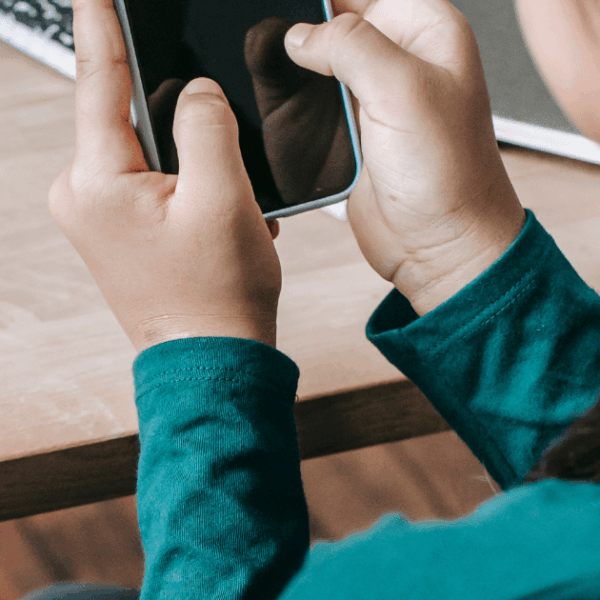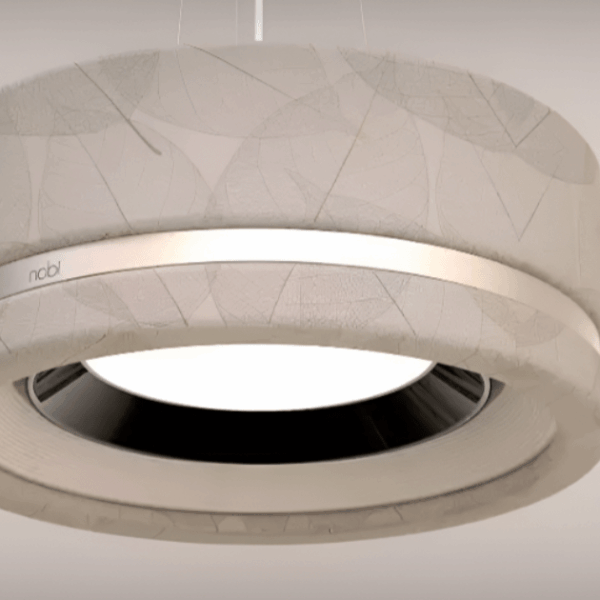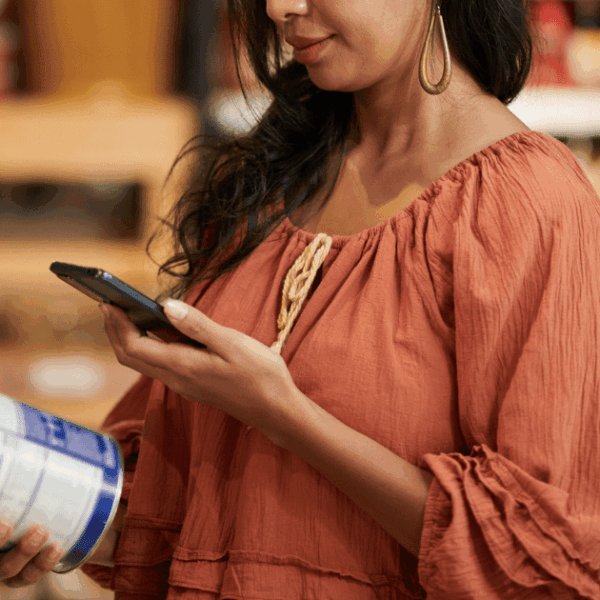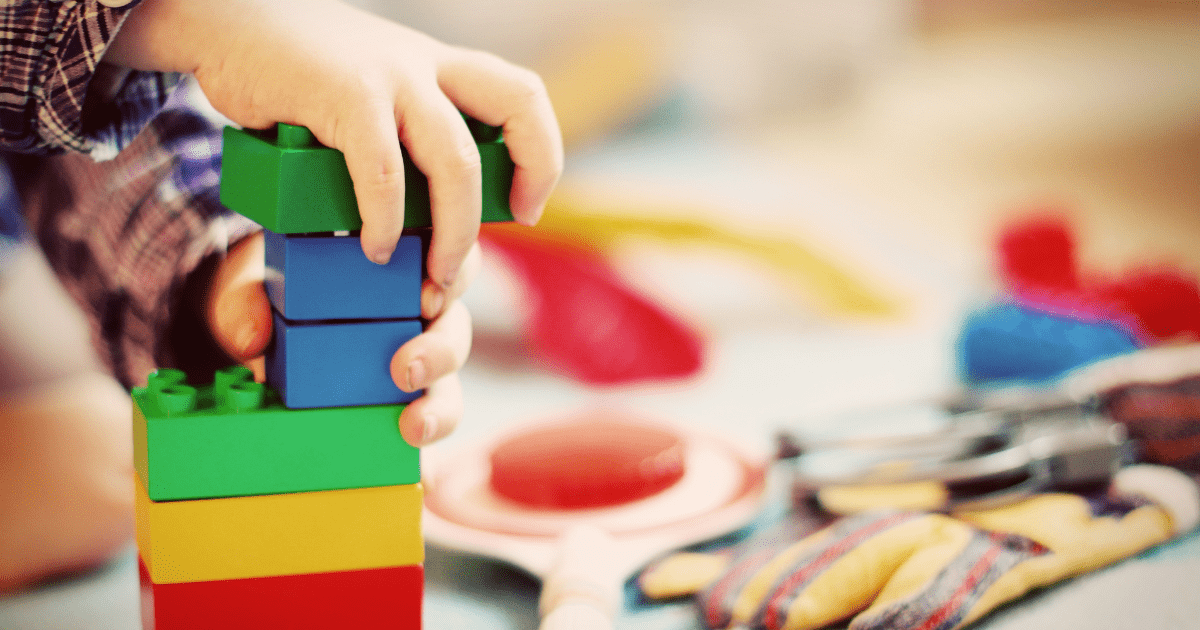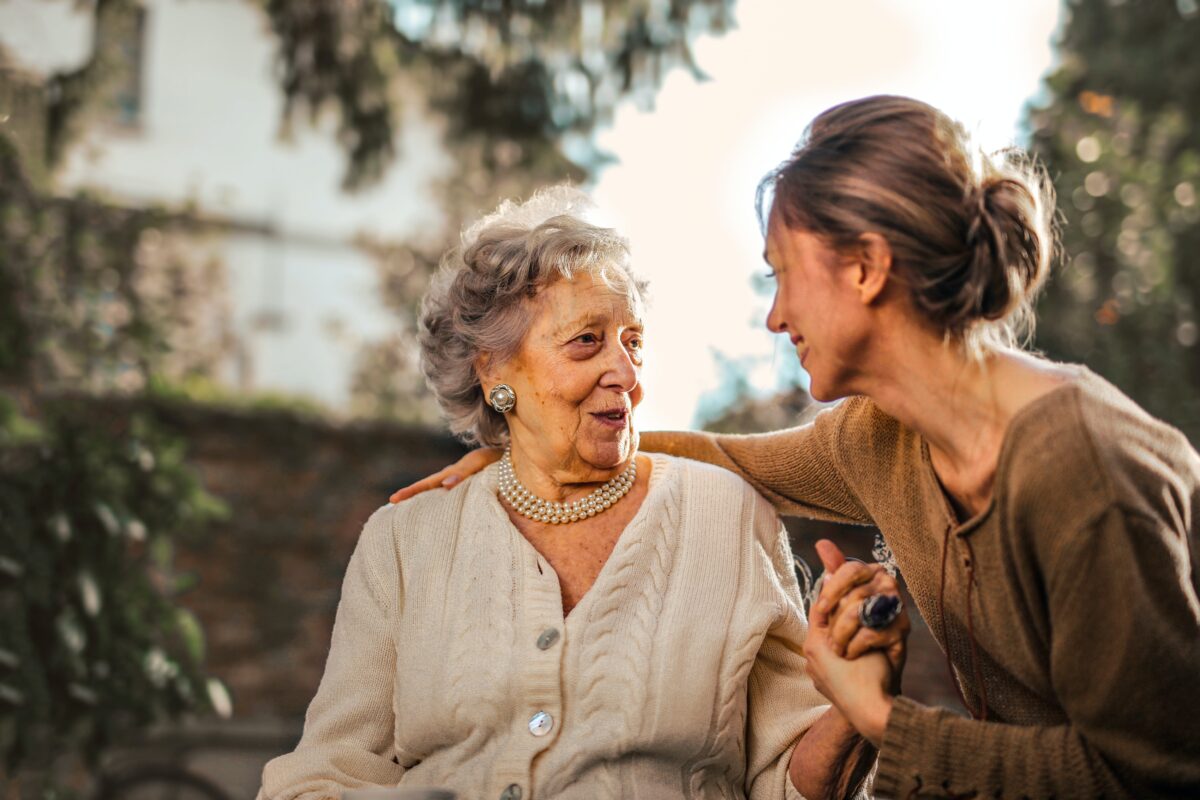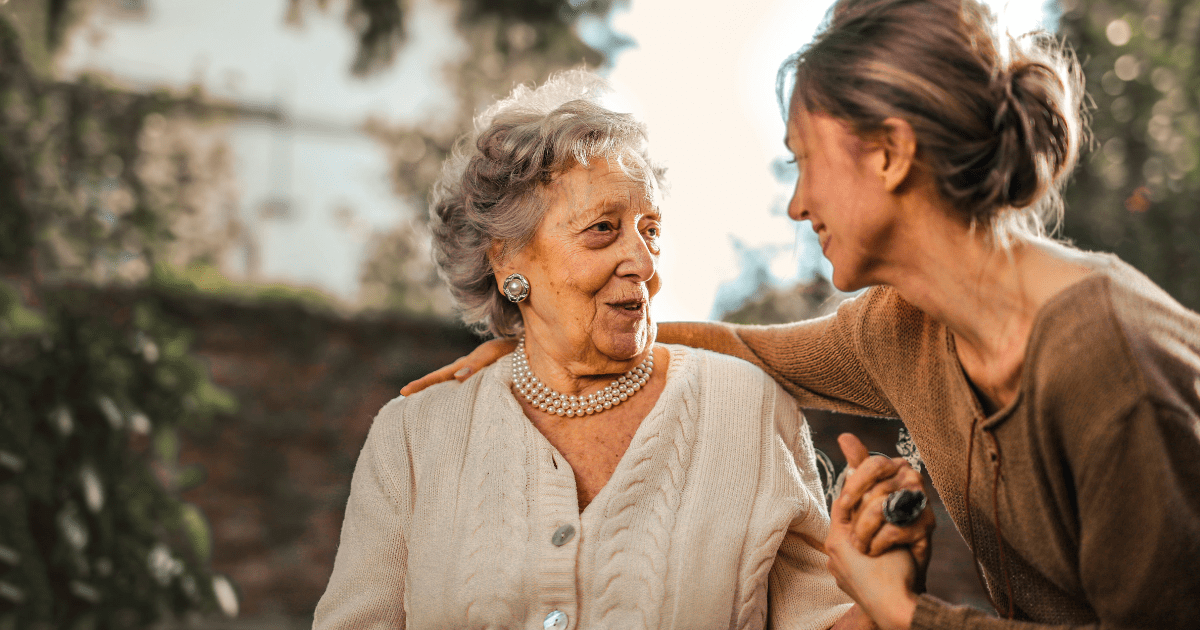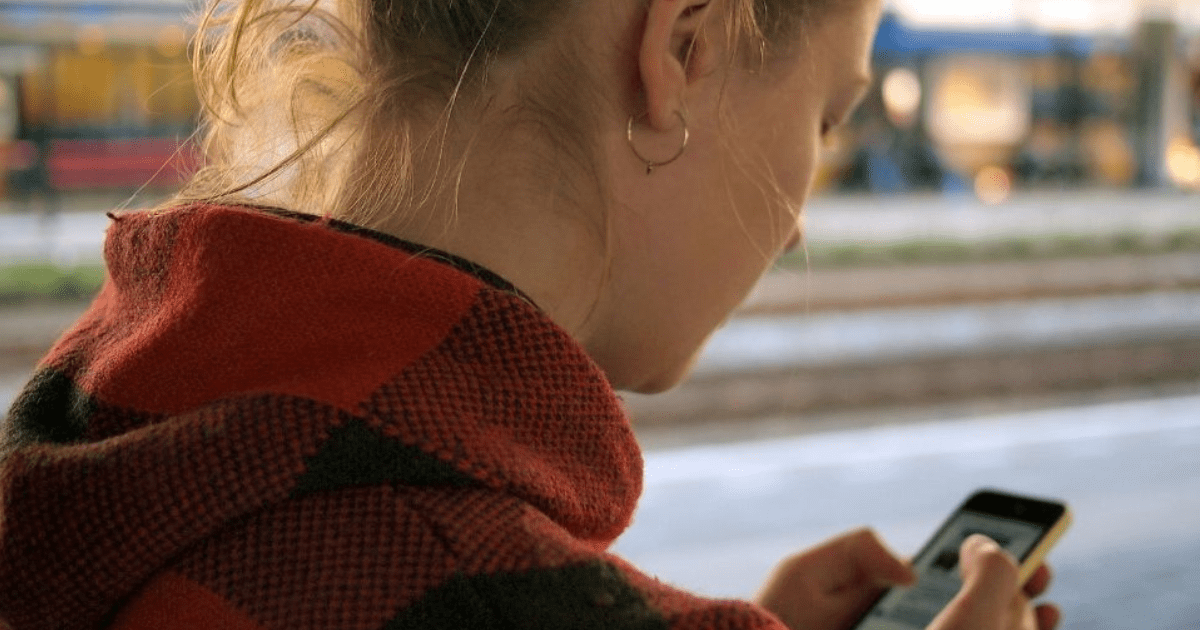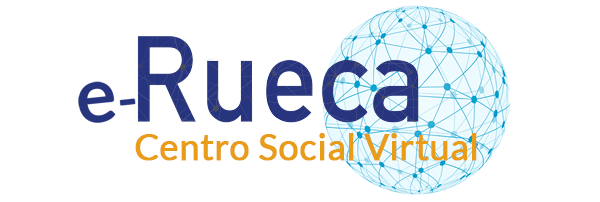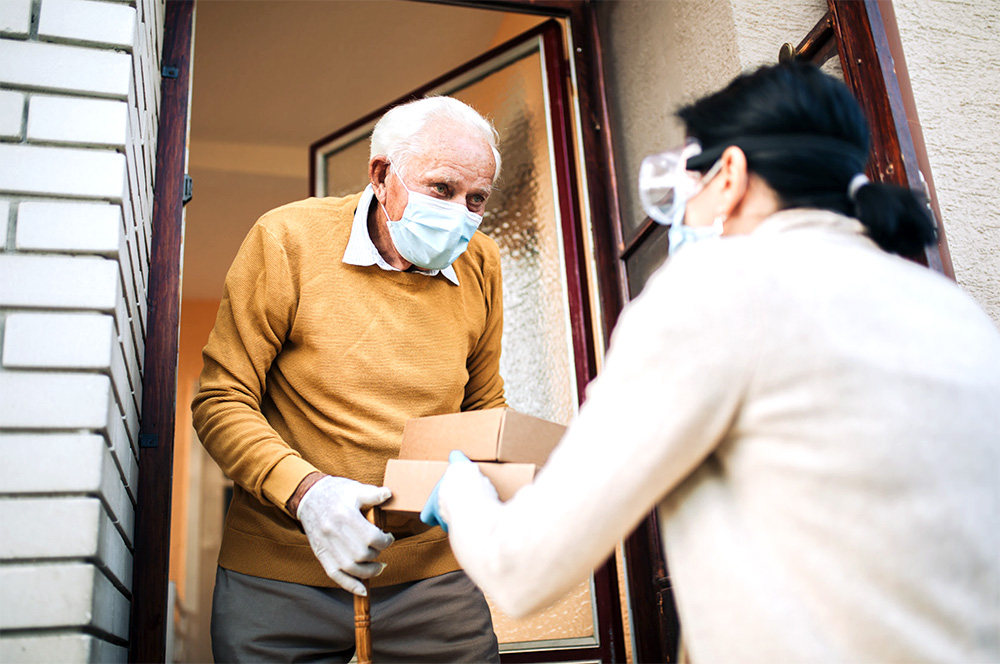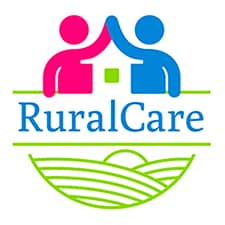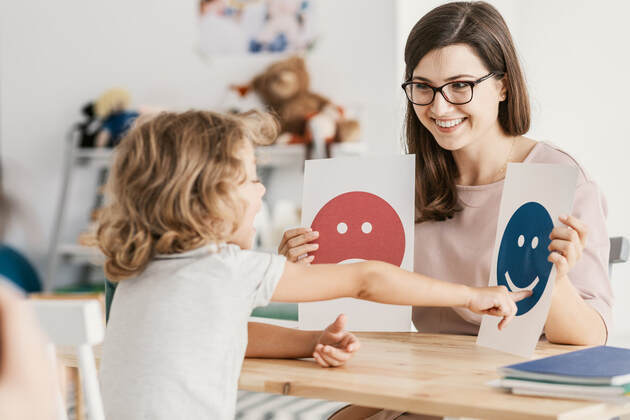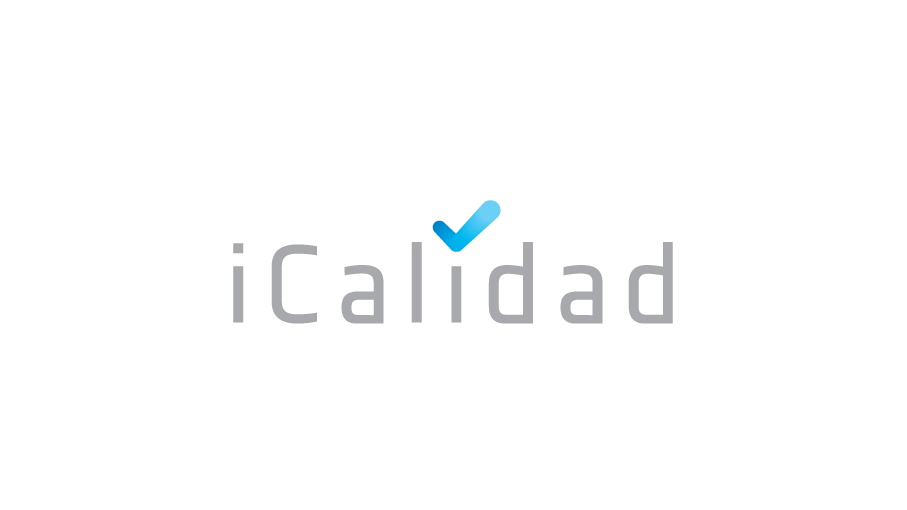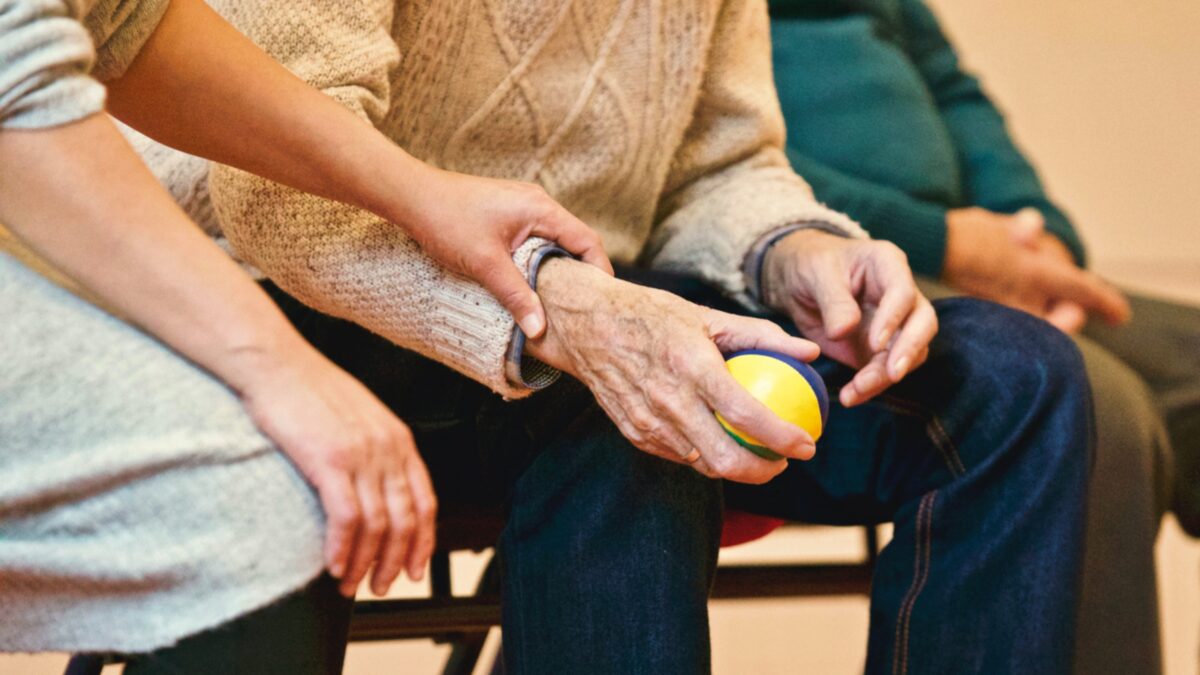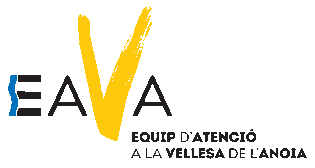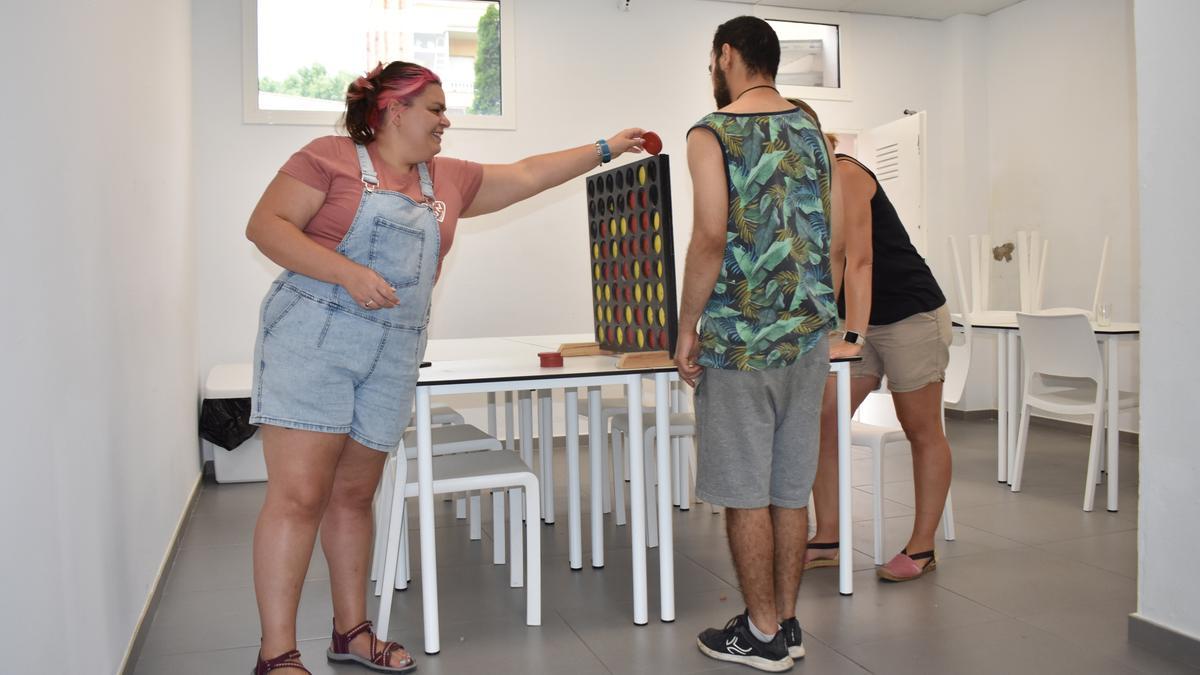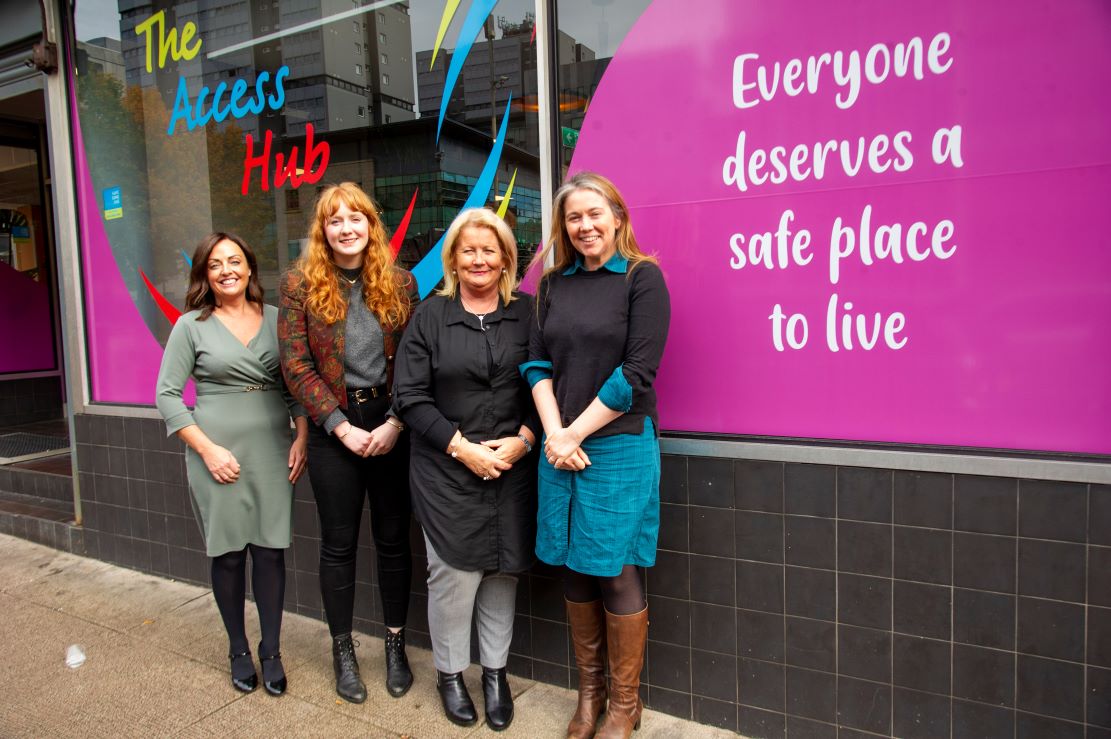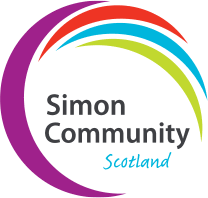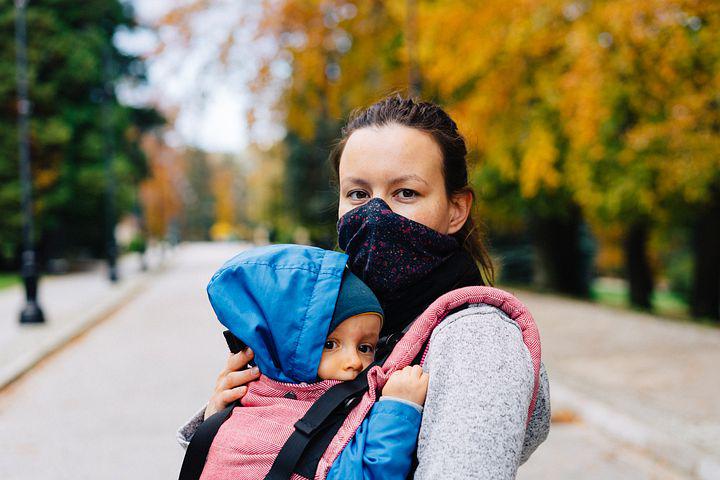BRUS, accompaniment to young people who live in families with situations of drug addiction
BRUS, accompaniment to young people who live in families with situations of drug addiction
Center for Digital Paedagogik (CfDP)
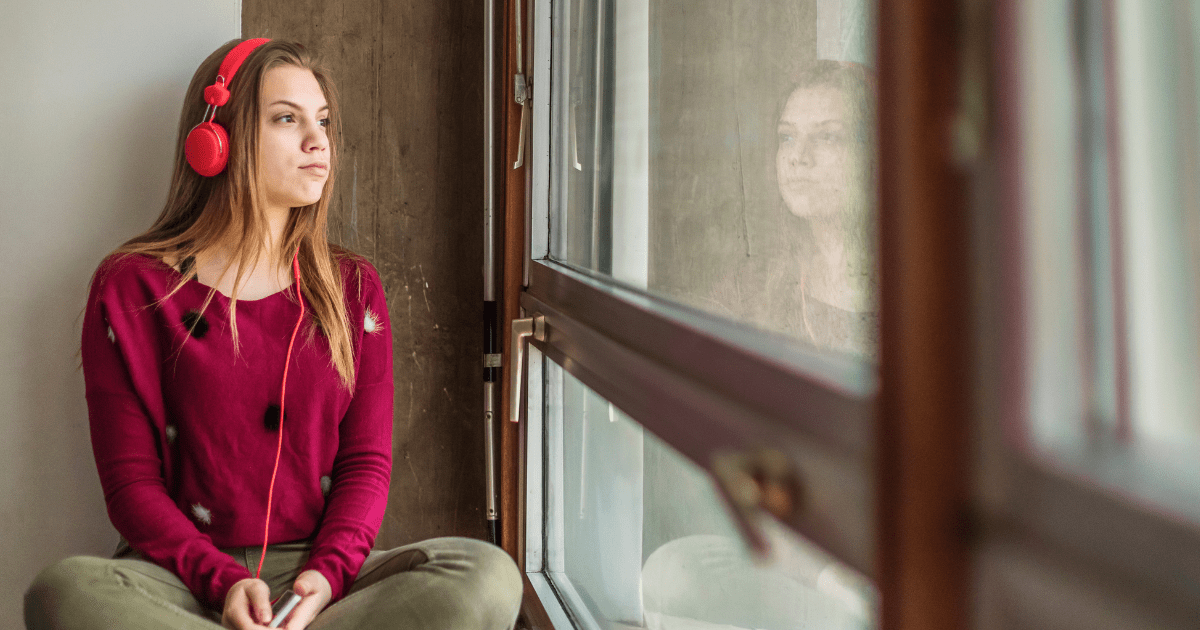
Program that seeks to break the taboo of addictions in families
BRUS is an initiative aimed at young people up to 24 years old who live in families affected by alcohol and drug addiction. The primary objective is to break the taboo surrounding these issues through in-person meetings and an anonymous chat service. Additionally, the program encourages young individuals to focus on their own needs rather than taking responsibility for situations they cannot control.
The online chat provides access to individuals who may initially be hesitant about seeking face-to-face treatment or are unable to physically attend a center. This virtual format allows vulnerable individuals to express their experiences, regardless of their location. Furthermore, the online platform enables safer and more confident self-expression, allowing them to articulate their feelings more effectively.
Users can choose whether they want to maintain continuity with the same therapist across multiple sessions or start anew each time and switch therapists. BRUS also facilitates communication for young people who have completed the therapeutic process but wish to stay connected with the center.
Characteristics of innovation
Localization
Denmark
Partners / Funders
Genesis
BRUS was born in 2016 under the auspices of the Center for Digital Pedagogy in Denmark. From the outset, it embraced a digital approach, incorporating an email mailbox and an anonymous online chat. However, there is also the option to receive in-person counseling. The goal of employing hybrid solutions to address issues is to more efficiently reach vulnerable young people.
Level of implementation
The pandemic and the resulting inability to find refuge in activities outside the home led many young people in vulnerable families to seek solutions through the Internet. In 2020, BRUS recorded 431 conversations on the platform, more than double the number from 2019.
Currently, the program is present in several localities in Denmark through an intermunicipal collaboration agreement
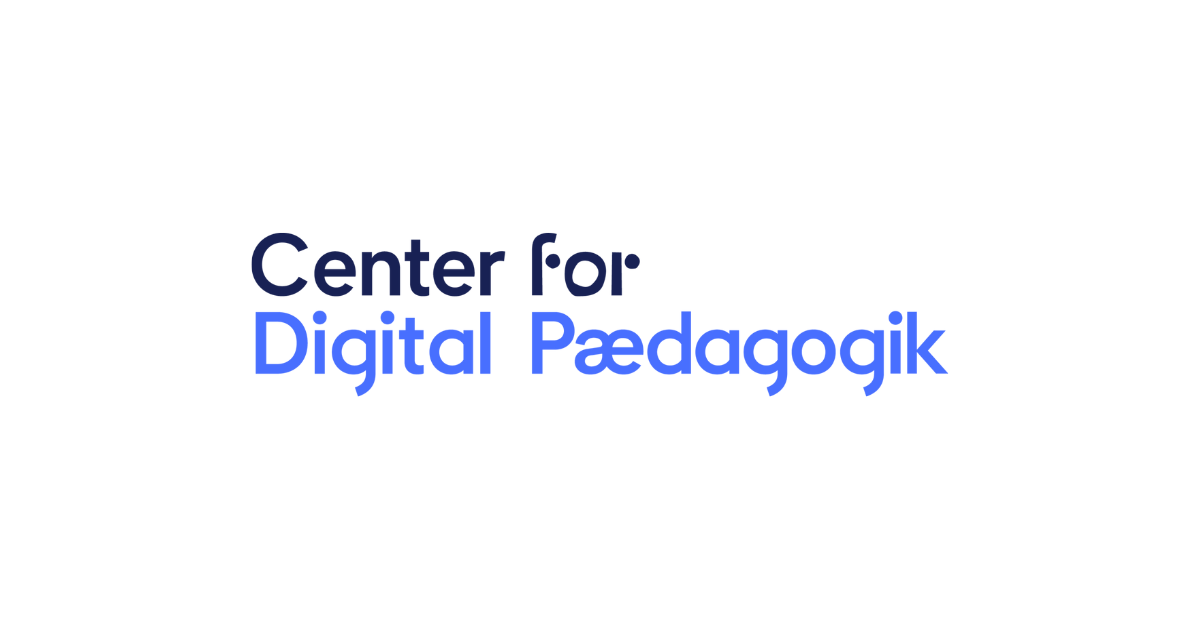
Banc d’innovacions

